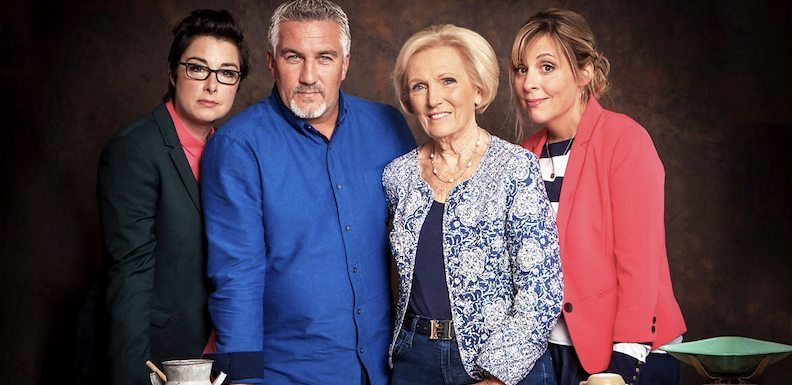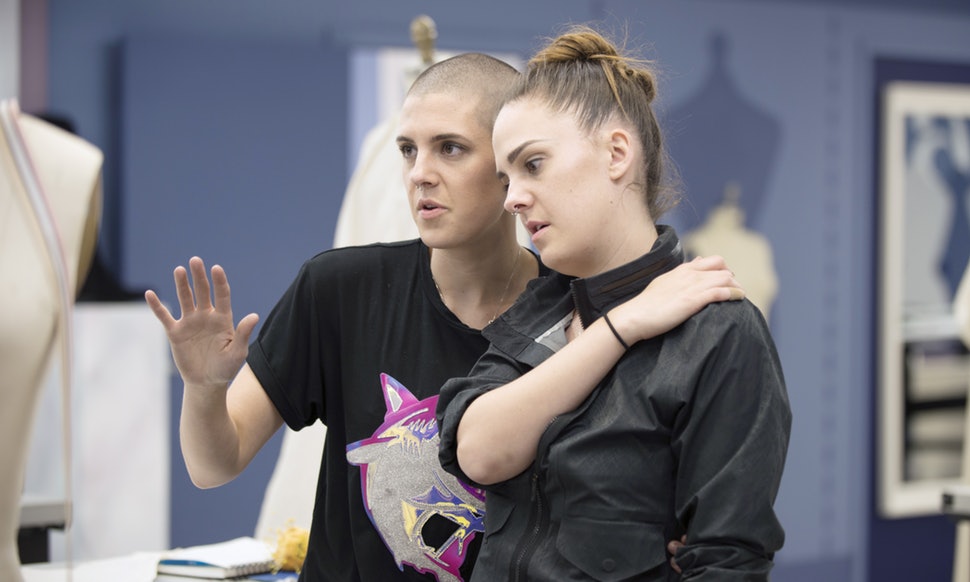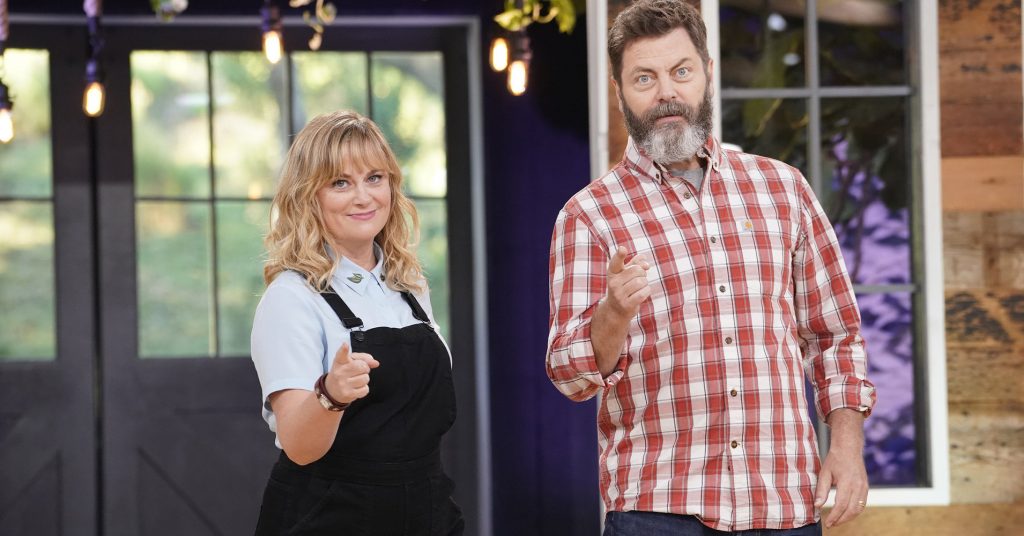
The Great British Bake Off (known as The Great British Baking Show in the United States, thanks to Pillsbury’s trademark on the term ‘Bake Off’) has been airing since 2010. A massive hit in the United Kingdom, the show started airing internationally — and it took off abroad as well. So many people have praised the show, and “soggy bottom” has practically become its own catchphrase. With such a successful show, you’d think TV executives would be trying to recreate its success. But after a couple attempts (the American remake returns this December, and NBC’s Making It tried and failed to capture the tone), it seems that reality competitions haven’t absorbed Bake Off‘s lessons. Why?
I admit, I’m not a fan of most reality competitions.
canadian pharmacy canada pharmacy online generic
I like Project Runway and Hell’s Kitchen is a guilty pleasure, but for the most part, they leave me cold. There’s too much manufactured drama and in-fighting. I rarely want to spend 10 minutes with most of the contestants, let alone a full season. But The Great British Bake Off is different. The contestants are friendly. They’re good at what they do, and though there are always a few early on who are out of their element, you never wonder how they got there. They even help each other!

On other reality competitions, though, you rarely see people helping each other. And worse, there are always obnoxious people added in for “drama” — even on Project Runway, the last season had The Twins. And when reality shows aren’t based solely around professional judges, the voting of who leaves becomes strategic. On paper, this sounds like it’d make things more interesting, but in practice, it merely means that the decent middle-of-the-pack people are voted out, because it’s advantageous to keep the bottom-of-the-barrell in the game as long as possible. After all, if you can get the final two to be you and the guy who screams, shouts and sets boiling water on fire, you’re obviously the winner. Unfortunately, it’s painful for the viewer, because that means that the awful people stick around for ages, getting in the way, screwing things up.
But on The Great British Bake Off, the drama comes from skilled, friendly people working to be the best. You generally want them all to win — or at least most of them. (And even the people you know won’t progress, you generally feel bad for them since they’re nice enough.) It’s sad when your favorite baker has an off day or whiffs the technical challenge because they’re asked to make something they’ve never heard of, let alone seen. But even when your favorite has to leave the tent, you know that the people remaining are still deserving.

Making It! was an attempt at making a crafting version of Bake Off, but the contestants weren’t evenly matched. (It didn’t help too, that the hosts, Amy Poehler and Nick Offerman, are two of the best improvisers — Poehler even co-founded the Upright Citizens Brigade — and yet, they were so reigned in, forced to spout canned jokes.) That said, the show has been renewed for a second season — so perhaps they’ll hammer out the bugs.
But Bake Off shows that there’s inherent drama in watching nice people do things well. We don’t need the buffoon contestants to make us watch. They just get in the way, and make the show a chore.
And while we’re taking lessons from Bake Off, how about the editing? The most frustrating thing about a show like Hell’s Kitchen is how so much footage is repeated in post-commercial recaps. As TISM once sang, “If you want to save the world, then don’t recycle garbage.”
Kittysneezes is supported by readers like you. If you enjoy what you’ve read here, please consider supporting us on Patreon.